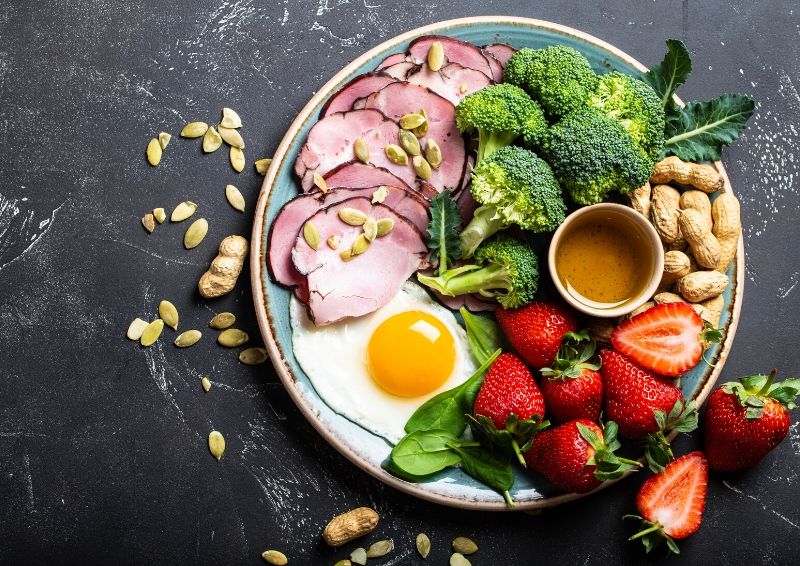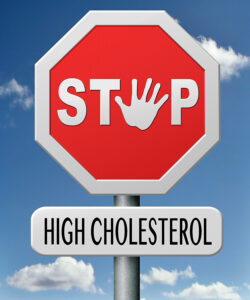Wondering what it would be like to eliminate carbohydrates from your diet?
This post answers all your questions regarding a low carb diet.

You probably have heard of the Ketogenic diet, Paleo diet, and Atkins diet at some point. These celebrity-endorsed low carb diets promise to help you lose weight faster than any other diet, without requiring you to give up any of your favourite foods. Sounds good, right?
Far from that, actually.
In a low carb diet, you cut down your daily intake of carbohydrates to a mere 100 grams per day. Carbohydrates are the body’s major source of energy. Cutting carbs from your diet severely lowers your blood sugar and energy levels, making you feel extremely dizzy and tired. When executed appropriately, however, a low carb diet will help you maintain your weight while also detoxifying your body.
How does a low carb diet help me lose weight?
Carbohydrates are the major fuel for the human body. They are broken down into glucose (the basic unit of any complex carbohydrate) and absorbed by the blood. They are then transported all across the body and are converted into energy molecules. The Process of converting carbohydrates to energy takes around two hours.
Carbohydrates are converted to lipids and stored in our bodies as energy reserves when they are not used. Generally, these stored fats would be utilised by the body when there’s a lack of carbohydrates, i.e., during fasting.
In a low carb diet, the number of carbohydrates consumed is drastically reduced, while the natural fat intake is increased. The goal of a low carb diet is to condition the body to utilise fats as a major energy source. When you cut down on carbohydrates, the fats accumulated in your body are broken down into energy components.
Fat metabolism takes somewhere between five to six hours, which is three times longer than carbohydrate metabolism! With prolonged time – and a bit of exercise – the excess fats are effectively used up by the body.
How long does the body take to adjust?
The duration period of transitioning to a low carb diet differs according to the individual, but it should take about two weeks to one month for your body to get used to it. You do have to understand that carbohydrates are the body’s major source of energy, and fats are used up only during unfavourable conditions when carbohydrate sources are not available.
So naturally, your body experiences carbohydrate withdrawals. For the first few weeks of a low-carb diet, it is normal for the body to react this way. Keep an eye out for signs of carbohydrate withdrawal, such as lethargy, headaches, dizziness, nausea, and on and on.
Instead of cutting carbs all at once, continue to reduce your carb intake over two weeks and eventually eliminate them from your diet. Remember that your body is switching to metabolising fats instead of carbohydrates, so include foods rich in fats in your diet.
Does this mean I have to give up on carbs altogether?
Absolutely not! Your body needs carbohydrates for the instant release of energy. Fats take thrice as long as carbohydrates to break down and release energy. The main goal of a low-carb diet is to reduce carb consumption, not to completely eliminate carbs from the diet. The side effects of eliminating carbohydrates include lack of energy, lethargy, dizziness, and low blood sugar levels.
If you go without carbohydrates for an extended period of time, your body will start to use up all of your fat reserves and convert them to energy, causing you to lose considerably more weight than you originally intended to.
This may sound intriguing, but losing your stored fat tissue (also called adipose tissues) has major effects on your body. The Adipose tissue layer is essential in maintaining homeostasis (regulating your inner body temperature) and in keeping your body warm during cold weather.
In addition, when facing a situation of sustaining physical injury these tissues play a cushioning role by absorbing the external shock, thus keeping your internal organs safe. Loss of the fat layer may lead to a possible internal injury in face of physical trauma.
Snacking on a low carb diet:
There are various approaches to healthy low carb dieting, like the Ketogenic diet, the Atkins diet, and the Paleo diet, to name a few. However, these diets require you to cut down on high carb snacks like chips, cookies, cakes, etc. Thanks to a rise in health consciousness, the food industry is hyper-focused on creating healthy snacks that are low in carbohydrates. They swap all-purpose flour with millet flour, which is low in carbs and high in protein. Instead of sugars, natural sweeteners like Stevia leaves are used.
Check out Foodvez for more healthy, low carb snacking options.

